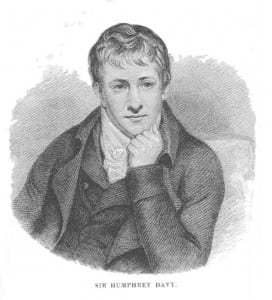UCL Infection, Immunology and Inflammation (III) Symposium 2016
By ucyow3c, on 23 November 2016
![]() Written by Simon Guillaumé, PhD Student, London Interdisciplinary Doctoral training programme
Written by Simon Guillaumé, PhD Student, London Interdisciplinary Doctoral training programme
On Tuesday 8 November, over 300 leading researchers from top London institutions gathered at the UCL Institute of Education for the annual UCL Infection, Immunology and Inflammation (III) Symposium, hosted by UCL in partnership with Queen Mary University of London (QMUL), UCLPartners and the National Institute for Health Research BRC Infection, Immunity and Inflammation (III) Programme.
Professor Hans Stauss (UCL Institute of Immunity and Transplantation), opened the Symposium by highlighting the impact of the research presented annually.
Integration of pathogen and human genomic sequencing
Professor Judith Breuer (UCL Division of Infection & Immunity) started the session by presenting her latest research on the pathology of Varicella Zoster Virus (the cause of chickenpox and shingles), which will help alleviate the side effects of VZV vaccines.
Following an overview of the human oral microbiome by Professor William Wade (Blizard Institute, Queen Mary University of London), Professor Harry Hemingway (UCL Institute of Health Informatics) reviewed Big Data sources available to UK biomedical researchers, including some recent examples of large-scale health record mining used in biomedical research.
Basic immunology
Starting off the second session, Dr Melania Capasso (Barts Cancer Institute, QMUL) highlighted the importance of proton channel interactions in supporting tumour growth.
After reminding the room that “ageing, well, is inevitable…”, Professor Arne Akbar (UCL Division of Infection & Immunity) gave us a glimmer of hope by presenting his current research on T-cell ageing.
The last presentation of the morning was Dr Benedict Seddon’s (UCL Institute of Immunity and Transplantation) appetising ‘Sauces and mixtures – recipe for long term maintenance of CD4 memory’. His research brings us a step closer to understanding how CD4 cells regulate immune memory.

Early Career Researchers presentations
Following the networking break, six early career researchers from UCL and QMUL enthralled us with presentations of their research. These presentations give early career researchers the opportunity to gain greater visibility and to make their research knownto the scientific community already established in the field.
The first prize for the best early career researcher presentation was awarded to Dr Neil McCarthy (Blizard Institute, QMUL), for his presentation on ‘Human antigen-presenting yd T-cells promote IL-22 production in naïve and intestinal memory CD4+ T-cells in a TNF-alpha and ICOSL-dependent manner’. (more…)
 Close
Close



